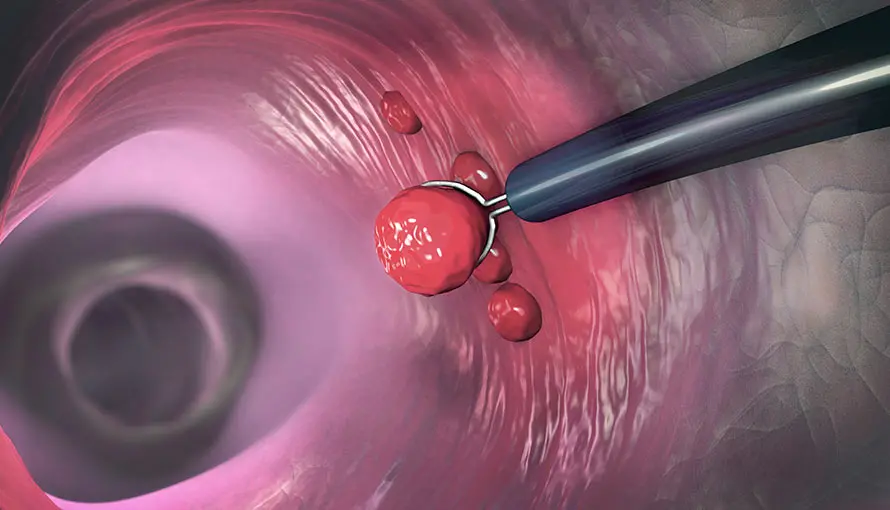- Home
- Medical news & Guidelines
- Anesthesiology
- Cardiology and CTVS
- Critical Care
- Dentistry
- Dermatology
- Diabetes and Endocrinology
- ENT
- Gastroenterology
- Medicine
- Nephrology
- Neurology
- Obstretics-Gynaecology
- Oncology
- Ophthalmology
- Orthopaedics
- Pediatrics-Neonatology
- Psychiatry
- Pulmonology
- Radiology
- Surgery
- Urology
- Laboratory Medicine
- Diet
- Nursing
- Paramedical
- Physiotherapy
- Health news
- Fact Check
- Bone Health Fact Check
- Brain Health Fact Check
- Cancer Related Fact Check
- Child Care Fact Check
- Dental and oral health fact check
- Diabetes and metabolic health fact check
- Diet and Nutrition Fact Check
- Eye and ENT Care Fact Check
- Fitness fact check
- Gut health fact check
- Heart health fact check
- Kidney health fact check
- Medical education fact check
- Men's health fact check
- Respiratory fact check
- Skin and hair care fact check
- Vaccine and Immunization fact check
- Women's health fact check
- AYUSH
- State News
- Andaman and Nicobar Islands
- Andhra Pradesh
- Arunachal Pradesh
- Assam
- Bihar
- Chandigarh
- Chattisgarh
- Dadra and Nagar Haveli
- Daman and Diu
- Delhi
- Goa
- Gujarat
- Haryana
- Himachal Pradesh
- Jammu & Kashmir
- Jharkhand
- Karnataka
- Kerala
- Ladakh
- Lakshadweep
- Madhya Pradesh
- Maharashtra
- Manipur
- Meghalaya
- Mizoram
- Nagaland
- Odisha
- Puducherry
- Punjab
- Rajasthan
- Sikkim
- Tamil Nadu
- Telangana
- Tripura
- Uttar Pradesh
- Uttrakhand
- West Bengal
- Medical Education
- Industry
Cold snare polypectomy is better than hot snare polypectomy for colorectal polyps

Cold snare polypectomy (CSP) is one of the endoscopic resection technologies and has been recommended for the removal of diminutive polyps (<5 mm) or noncancerous polyps up to 10 mm in size to reduce the incidence and mortality rate of colorectal cancer. Cold snare polypectomy (CSP) for small colorectal polyps reduces the risk for delayed post polypectomy bleeding compared with hot snare polypectomy (HSP), according to a study published in the Annals of Internal Medicine. This randomized control trial was done for colorectal polyps measuring 4-10 mm.
In the Taiwan Cold Polypectomy Study, CSP was not only safer than HSP, with a significantly lower risk for delayed bleeding, it was also more efficient, report Li-Chun Chang, MD, PhD, from the National Taiwan University Hospital, Taipei, and colleagues.
Clear Standard of Care
Previous randomized controlled trials have shown that CSP is as effective as HSP but more efficient in removing small polyps. However, the reduction in delayed bleeding associated with CSP had been shown only in high-risk patients using antiplatelet agents or anticoagulants. Less was known about CSP's effect on delayed bleeding in the general population.
To investigate, Chang and colleagues randomly assigned 4270 adults aged 40 and older who were undergoing polypectomy to remove polyps measuring 4-10 mm to CSP or HSP.
Compared with HSP, CSP was associated with a significantly lower risk for all delayed bleeding (within 14 days after polypectomy) and severe delayed bleeding (defined as a decrease in hemoglobin of 20 g/L or more, requiring transfusion or hemostasis).
Eight of 2137 patients (0.4%) in the CSP group had delayed bleeding versus 31 of 2133 patients (1.5%) in the HSP group. Severe bleeding occurred in one patient who had CSP (0.05%) and eight who had HSP (0.4%).
The CSP group also had fewer emergency service visits than the HSP group — four visits (0.2%) vs 13 visits (0.6%).
CSP was more efficient, with mean polypectomy time reduced 26.9% compared with HSP, with no difference between groups in successful tissue retrieval, en bloc resection, and complete histologic resection.
"CSP saves time setting up electrosurgical generators or conducting submucosal injection. Moreover, the lower rate of delayed bleeding means fewer emergency service visits or hospital stays, saving medical expenses," Chang and colleagues write in their article.
"Given the benefit in safety and cost-effectiveness, CSP may replace HSP for removal of small polyps in the general population," they add.
Key points:
• CSP is the clear standard of care for polyps 4-10 mm in size.
• For polyps less than 4 mm, it remains reasonable to use either large capacity/jumbo forceps or CSP.
• Cautery should be reserved only for polyps greater than 10 mm, although there is ongoing work regarding cold versus hot EMR [endoscopic mucosal resection].
Conclusion:
Compared with HSP, CSP for small colorectal polyps significantly reduces the risk for delayed postpolypectomy bleeding, including severe events
Source: Cold Versus Hot Snare Polypectomy for Small Colorectal Polyps:A Pragmatic Randomized Controlled Trial.
Ann Intern Med. Published online February 21, 2023.
MBBS, MS
Dr Nisanth Puliyath (MBBS, MS) has completed his MBBS from Calicut Medical College and MS General Surgery from AIIMS Rishikesh. He has published several peer-reviewed papers in both national and international journals. He has presented posters and papers at various national conferences and won prizes for the same. He is a surgeon with a keen interest in the latest literature and technical advances in the fields of Surgery and Urology. He can be contacted at editorial@medicaldialogues.in.
Dr Kamal Kant Kohli-MBBS, DTCD- a chest specialist with more than 30 years of practice and a flair for writing clinical articles, Dr Kamal Kant Kohli joined Medical Dialogues as a Chief Editor of Medical News. Besides writing articles, as an editor, he proofreads and verifies all the medical content published on Medical Dialogues including those coming from journals, studies,medical conferences,guidelines etc. Email: drkohli@medicaldialogues.in. Contact no. 011-43720751


